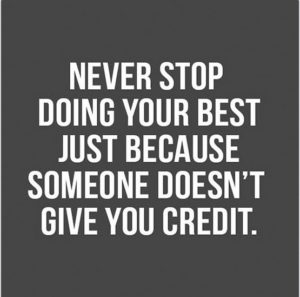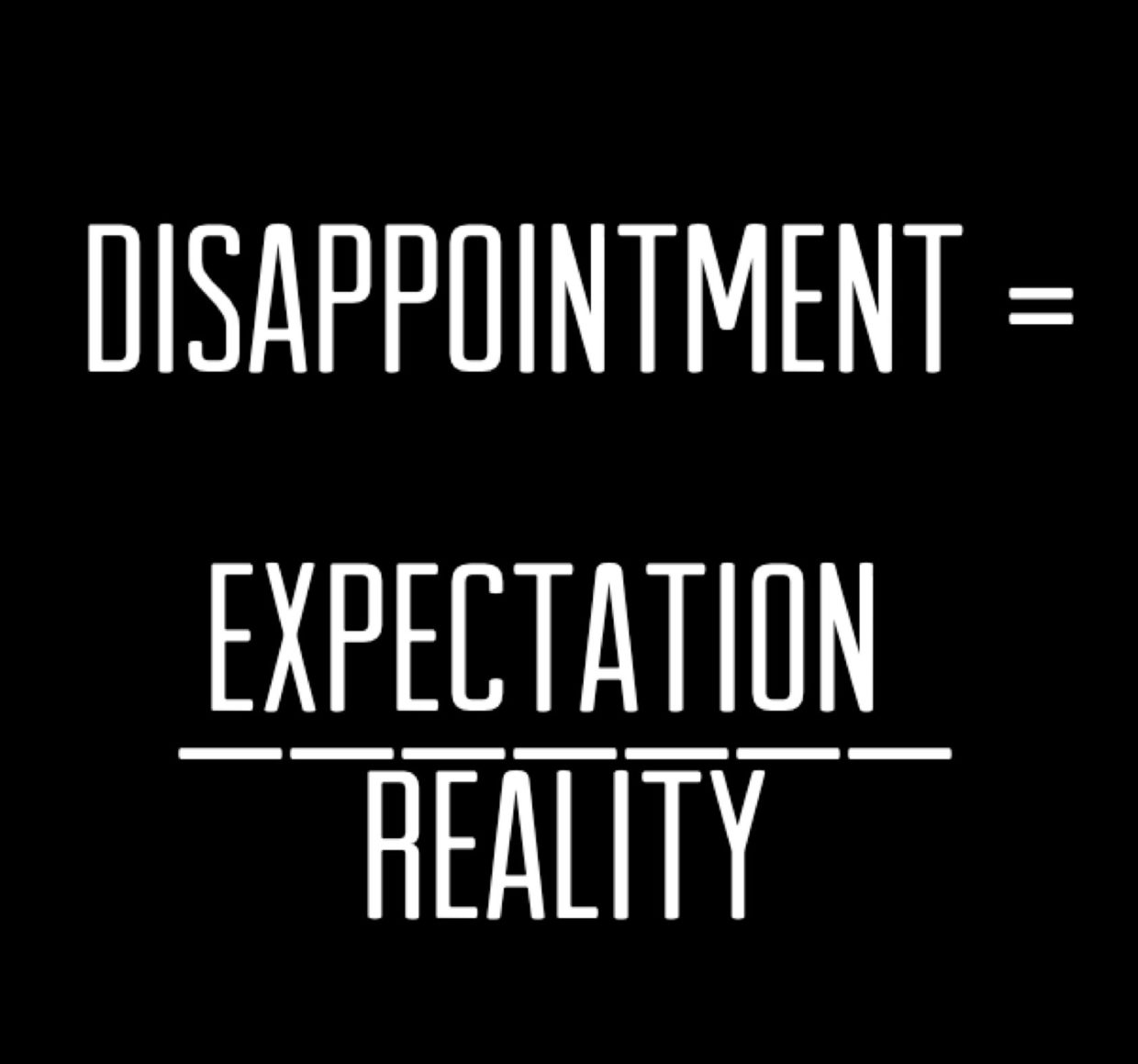Throughout early childhood, school, college and even at university (though not quite so much) we are told that working hard, doing your absolute best, going above and beyond, being a ‘nice’ person, etc etc all undeniably lead to rewards. Whether that’s a visit from Santa at Christmas, getting that top spot in the nativity, achieving great grades or starting that dream job.

Generally speaking, this is possible in educational settings. You are more in charge of your own fate. There’s set criteria, clear right and wrong (that you can learn and revise) and lots of support to help improve and get the marks you deserve.

The same cannot be said for work. This needs to be made so clear at every possible opportunity. Unless you are self-employed (and even then, it’s questionable), you are NOT in charge of your own fate within an organisation. Whilst you might be able to influence your rise through a company’s ranks, ultimately your fate is in other’s hands.
It is possible to work hard, do your absolute best, go above and beyond, meet all the deadlines, utilise your skills, bring current knowledge/forward thinking, build rapport, and actively contribute to an organisation in a positive way (i.e everything you could ever be expected or willed to do), and still not get the reward. Similar to getting all the answers correct on a maths paper, and still coming out with a D…YAY.

This goes against everything we have been trained to believe from a young age. No Santa, no nativity, no grade. Yet, it isn’t personal. This is also really important to remember. The reality is, the workplace is not school/college/uni. Employers are not enrolled in the same reward-based system that we have grown up with, and are subsequently not required to give rewards (e.g promotions/pay rises etc) in recognition of the work you’re doing.
The reasoning is this: you are employed to do a specific job, you are a specific cog in a machine. So long as you continue to do that job and be that cog, the sum-total of your employer’s obligation to you is to pay you for being that cog. Even if you are a golden cog who came in to replace a copper cog, you will be paid and valued the same as that copper cog because that’s the role you’re expected to be.
There are a whole host of reasons you won’t get that promotion: company structure, financial implications, change of staffing, or just other priorities for the organisation at that time – which are all valid. Again, it’s not personal – it’s business.
So, what do you do? Manage your expectations.
The important thing is to make sure you don’t stop being great at your job. As demotivating as it is to feel you’re not being valued in the way that you expect, you will not feel any better about yourself by becoming that copper cog.

Stay awesome. Keep contributing. Meet your deadlines. Build rapport. Develop your reputation. Then, in a month’s time when you’ve got another excellent result from a project/a partnership/a client, you’ve got new ammo to add to your arsenal. Keep giving the company great examples of your value and show that you know your worth.
At the end of the day, there are two possible outcomes from this approach:
- You’ll eventually get that promotion/pay-rise.
- You’ll have developed your experience and skill-set so much, that you can apply for (and succeed in getting) jobs elsewhere with the right rewards.
Either way, you will get there. Work is unlike anything you’ve ever been told up ’til now.
Doing everything right does not mean you’ll get the reward.
This doesn’t mean you should stop doing everything right.
A hard pill to swallow, but don’t let your initial disappointment be a detriment to your career development. Keep this in mind, manage your expectations and remember that at work…

POST UPDATE:
Recently I’ve seen this video doing the rounds on Facebook, which captures a lot of my points above (along with raising several others) and resonates with me. Check it out, definitely worth a watch.
